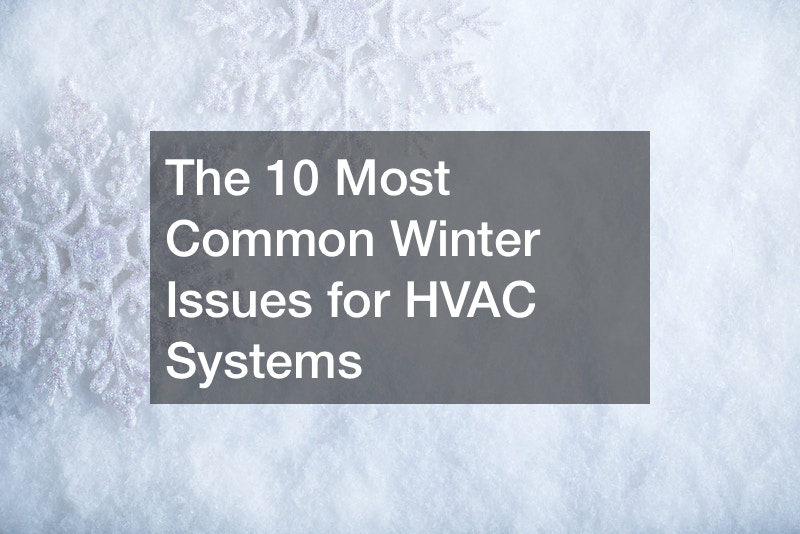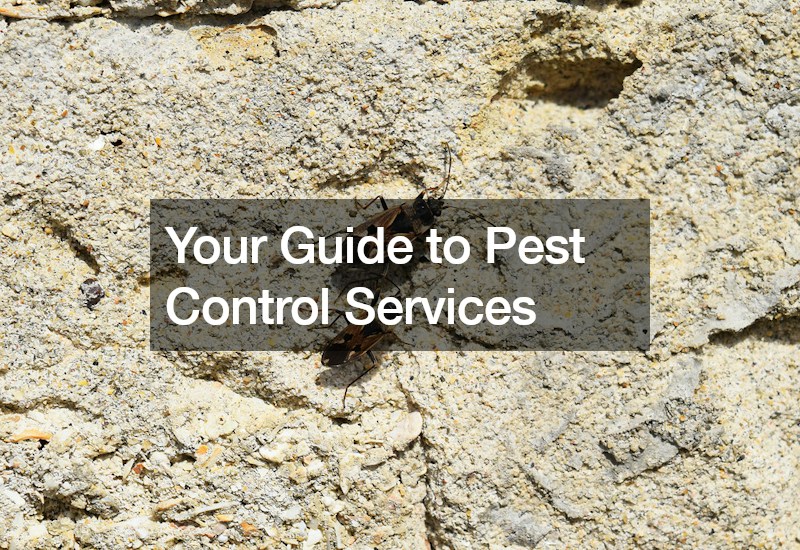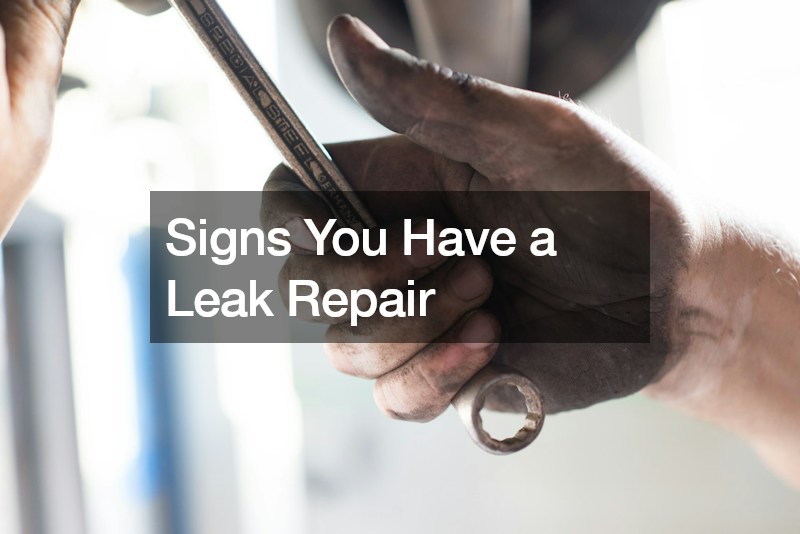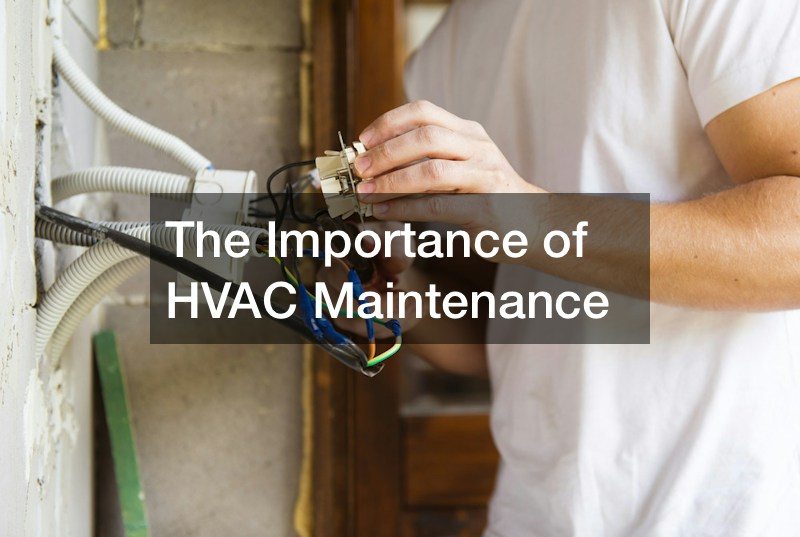As the winter weather sets in, HVAC systems across the country are being put to the test. When operating at their best, these systems provide a cozy indoor environment against the harsh cold outside. However, winter can present a host of issues for your HVAC, some of which are more common than others. This blog will explore the most common winter issues that plague HVAC systems, providing insights into what causes these problems and how you can prevent or address them.
1. Faulty Thermostats

Faulty thermostats rank highly among the most common winter issues for HVAC systems. This crucial component controls the heating cycle, ensuring your home maintains the desired temperature. When thermostats fail, they can lead to discomfort and higher energy expenses, turning the winter season into a challenging ordeal. Let’s dive into the intricacies of this problem and how you can effectively address it.
What Causes Faulty Thermostats?
Several factors can cause a thermostat to fail, including electrical issues such as faulty wiring or power surges, aging components that may wear out or become less efficient over time, improper installation that can lead to inaccurate readings or malfunctioning, and physical damage like accidental impacts or exposure to extreme temperatures.
Moreover, the accumulation of dirt and debris within the thermostat can impede its functionality by affecting the internal sensors and mechanisms, further compromising its performance.
How to Prevent or Address Faulty Thermostats
Routine maintenance is essential for identifying and addressing issues with your thermostat before they become significant problems. Additionally, keeping the thermostat clean and free of any debris can help prevent damage and ensure proper functioning.
You should also consider calling a trusted HVAC company for a professional inspection and calibration of your thermostat. They can identify any potential problems and make necessary adjustments to keep it working correctly.
2. Uneven Heating
Uneven heating is another one of the most common winter issues for HVAC systems. It occurs when certain areas of your home remain colder than others, making it challenging to maintain a comfortable indoor temperature. Let’s take a closer look at what causes this problem and how you can address it.
Causes of Uneven Heating
There are several potential causes for uneven heating in a building. One possible reason could be clogged air filters, which restrict the airflow and prevent an even distribution of heat. Another factor to consider is leaky ductwork, where gaps or cracks can lead to heat loss and result in uneven temperatures.
Additionally, imbalanced airflow caused by blocked vents or improper duct design can contribute to uneven heating. It is also worth mentioning that aging or improperly sized HVAC systems may struggle to maintain consistent heat throughout a space, leading to temperature variations.
How to Prevent or Address Uneven Heating
Regularly changing your air filters can help prevent clogs and ensure proper airflow throughout your home. Ductwork inspections and repairs can also improve heating distribution. If your system is too old or undersized, consider upgrading to a more efficient and appropriately sized unit.
And once again, trusted HVAC contractors can provide valuable insights and solutions for uneven heating problems. Choose contractors that offer comprehensive services, including installation, maintenance, and repairs.
3. Dirty Air Filters

Dirty air filters are a usual suspect that rank high among the most common winter issues. They can cause a myriad of problems for HVAC systems, especially during the winter. Clogged filters impede proper airflow, making it difficult to maintain a comfortable indoor temperature. They also put extra strain on your system, leading to increased energy consumption and potential breakdowns.
What Causes Dirty Air Filters?
Air filters become dirty over time due to regular use, as they diligently trap dirt, dust, and other particles that circulate in your home. However, this problem can be exacerbated during the winter months when your HVAC system works tirelessly to maintain a cozy and warm environment for you and your loved ones.
How to Prevent or Address Dirty Air Filters
Regularly changing your air filters is the best way to prevent dirty filters from causing problems with your HVAC system. Depending on usage and the type of filter you have, aim for replacements every one to three months.
Use high-quality filters that can effectively trap particles without impeding airflow. Additionally, heating contractors can inspect and replace filters during routine maintenance checks. They can also provide valuable insights into choosing the right air filters for your specific HVAC system.
4. Noisy Blower Fans
Noisy blower fans are arguably the most annoying problem among all the most common winter issues. If you hear loud, unusual noises coming from your HVAC system during the winter, it could be due to a faulty blower fan. This component is responsible for moving air throughout your home and maintaining proper airflow, making it crucial for a comfortable indoor environment.
What Causes Noisy Blower Fans?
There are several possible causes for noisy blower fans, including worn bearings, damaged blades, and debris accumulation. Cold weather can also cause metal parts to shrink, leading to rattling or grinding noises. Additionally, your heater’s age can also affect its performance and generate noise.
How to Prevent or Address Noisy Blower Fans
Regularly scheduled maintenance can prevent noisy blower fans by identifying and addressing potential issues before they become significant problems. Also, keeping your HVAC system clean and free of debris can prevent damage that can cause noisy fans.
Calling in professionals who are experts in heater repairs can also help you troubleshoot and address any problems with your blower fan. They can also provide valuable advice on maintaining your system to prevent future issues.
5. Unmaintained Furnaces

Furnaces are a critical part of many HVAC systems, providing the heat necessary to keep your home warm during winter. However, like all other components, furnaces require regular maintenance to ensure optimal performance. Unmaintained furnaces are prone to breaking down, leading to discomfort and costly repairs. Sadly, furnace maintenance is hugely forgotten in many households, making this one of the most common winter issues for HVAC systems.
What Causes Unmaintained Furnaces?
Lack of proper maintenance is the leading cause of furnace problems during the winter. Over time, dust and debris can accumulate on the furnace’s surface, leading to clogs and reduced efficiency. Additionally, worn-out parts can also cause issues when left unaddressed.
How to Prevent or Address Unmaintained Furnaces
Regular furnace maintenance is crucial for preventing problems during the winter season. This includes cleaning and replacing air filters, as well as inspecting and repairing any damaged components.
It’s best to leave furnace repairs to professionals who have the necessary skills and experience. They can provide a comprehensive inspection of your furnace and make any necessary repairs or replacements to keep it running efficiently.
6. Poor Indoor Air Quality
Maintaining good indoor air quality is essential for your health and comfort, especially during the winter. However, cold weather makes this one of the most common winter issues, as we tend to keep our homes closed with less ventilation.
What Causes Poor Indoor Air Quality?
Poor indoor air quality can be due to several factors, including dirty air filters, lack of ventilation, and mold growth. Using fireplaces or wood-burning stoves can also introduce pollutants into the air. Additionally, your air ducts may also harbor dust and debris, reducing air quality.
How to Prevent or Address Poor Indoor Air Quality
Regularly changing air filters and maintaining proper ventilation can help improve indoor air quality. You can also invest in air purifiers or consider upgrading to a more efficient HVAC system that includes features such as UV lights for mold prevention. Duct cleaning services can also remove any accumulated dust and debris, improving air quality.
7. Radiant Heat Damage
Radiant heating systems are becoming increasingly popular due to their energy efficiency and comfort. However, these systems, especially closed loop systems, can be susceptible to freeze damage during winter, causing discomfort and potential breakdowns.
What Causes Radiant Heat Damage?
Cold temperatures can cause radiant heat pipes to freeze, leading to cracks and leaks. Additionally, if the system is not properly insulated, it can lose heat and become inefficient. Closed loop systems also require regular maintenance to prevent freeze damage.
How to Prevent or Address Radiant Heat Damage
Proper insulation is crucial for preventing radiant heat damage. Ensure that all pipes and components are well-insulated, especially in colder areas such as basements and attics. Regular maintenance from HVAC professionals can also identify any potential issues and address them before they cause damage.
Additionally, calling in HVAC closed loop cleaning professionals can help prevent freeze damage by ensuring proper circulation and temperature control within your system. They can also provide valuable tips on maintaining your radiant heat system during the winter.
8. Damaged Outdoor Units

Outdoor units, such as air conditioning condensers, are typically more vulnerable during the winter. Heavy snowfall or ice buildup can damage these units, causing them to malfunction and potentially leading to costly repairs. Additionally, heat pump units can also experience issues during the winter if they are not adequately protected.
What Causes Damaged Outdoor Units?
Severe weather conditions during the winter can cause outdoor units to become damaged. Snow accumulation or freezing temperatures can also affect their performance and lead to issues. Heat pumps, in particular, are susceptible to freezing if not adequately protected. They may also suffer from damaged components due to extreme temperature changes.
How to Prevent or Address Damaged Outdoor Units
Prevent snow from accumulating on your outdoor units by regularly clearing it away. Additionally, cover the unit with a tarp to protect it from harsh weather conditions. If you notice any damage, call in professionals immediately for repairs. A professional heat pump repair service provider can also provide valuable tips on protecting your unit during the winter. They can also perform regular maintenance to ensure optimal performance.
9. Inefficient Boilers
Boilers are an essential part of many HVAC systems, providing heat and hot water during the winter. However, these systems can become inefficient over time, leading to increased energy consumption and higher utility bills.
What Causes Inefficient Boilers?
Inefficient boilers can be due to several factors, including mineral buildup and aging components. Additionally, if your home is not adequately insulated, your boiler may have to work harder to maintain a comfortable temperature.
How to Prevent or Address Inefficient Boilers
Regular maintenance can help prevent inefficient boilers by identifying and addressing any potential issues. It’s also essential to clean and flush out the system regularly to remove mineral buildup. Upgrading to a more energy-efficient model can also improve performance and reduce utility costs in the long run.
Trust professionals to handle any repairs or replacements for your boiler. They can also provide valuable insights into maintaining and optimizing its performance during the winter season.
10. Old, Inefficient Systems
Finally, old and inefficient HVAC systems can cause a multitude of problems during the winter. They may struggle to maintain a comfortable temperature or use more energy than necessary, leading to higher utility bills. Old systems are also more prone to breakdowns and may require frequent repairs. This is one of the most common winter issues, especially for older homes.
What Causes Old, Inefficient Systems?
Most HVAC systems have an average lifespan of 15-20 years. Over time, wear and tear can lead to reduced efficiency and increased energy consumption. Additionally, advancements in technology make newer models more efficient than older ones, making upgrading a viable solution.
How to Prevent or Address Old, Inefficient Systems
Regular maintenance can help extend the lifespan of your HVAC system and keep it running efficiently. However, if your system is old and struggling to keep up with your heating needs, boiler replacements and upgrades may be necessary. Choosing the right system for your home and budget can be difficult, especially with a variety of options available. To ensure you choose the ideal solution for your home, here are four important questions to ask when upgrading your HVAC system:
What type of heating system is best suited for my home?
The type of heating system that works best for your home will depend on several factors, such as size, layout, and existing infrastructure. The most common types include forced-air systems, boilers, radiant heating, and heat pumps. Consulting with a trusted HVAC contractor can help you determine the ideal system for your specific needs.
What size do I need?
A properly sized HVAC system is essential for optimal performance and energy efficiency. A unit that is too small may struggle to keep up with demand, while an oversized system can lead to increased energy consumption and frequent cycling. A professional contractor can perform a load calculation to determine the correct size for your home.
What is my budget?
Upgrading your HVAC system can be a significant investment, so it’s essential to establish a budget beforehand. Consider the initial costs as well as long-term maintenance and utility expenses when making your decision. You may also want to explore financing options with your contractor.
Are there any rebates or incentives available?
Many governments and utility companies offer rebates and incentives for upgrading to energy-efficient HVAC systems. Be sure to research any potential savings before making your final decision. You can also consult with your chosen contractor, as they may have knowledge of available programs and can help you take advantage of them.
Once you answer these four questions, you can make an informed decision about upgrading your HVAC system. And once again, don’t hesitate to ask for help from professionals. Not only can they help you upgrade your HVAC system, but they can also help you address a few other of the most common winter issues for your systems.
Conclusion
These are some of the most common winter issues that can affect your HVAC system. Regular maintenance, timely repairs, and professional advice from trusted contractors are crucial for preventing and addressing these problems.
By keeping your HVAC system in top condition during the winter season, you can ensure a comfortable and cozy home while also saving on energy costs. So be proactive and take care of your HVAC system to avoid any costly and uncomfortable problems during the coldest months of the year.



